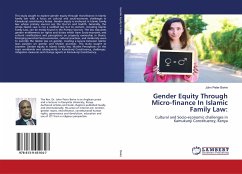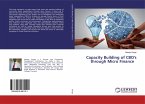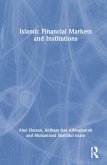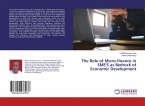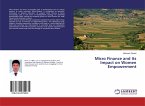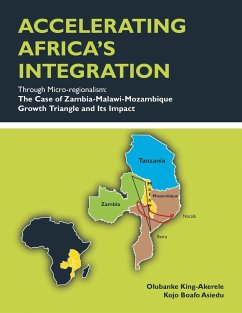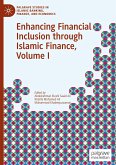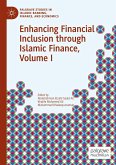This study sought to explore gender equity through microfinance in Islamic family law with a focus on cultural and socio-economic challenges in Kamukunji constituency Kenya. Gender equity is anchored in Islamic family law whose primary sources are the Qur¿an and Hadith. Generally, the whole Islamic Law is not a codified law but its content, including Islamic Family Law, can be mostly found in the Primary Sources. The law stipulates gender entitlements on rights and duties which have Socio-economic and cultural ramifications and perceptions on property ownership in Sharia. Emerging parochial Socio-economic, cultural practices, and modernity seem to override the Islamic law on gender, creating a lacuna between Islamic laws position on gender and Muslim practices. This study sought to examine: Gender equity in Islamic family law, Muslim Perceptions on the topic worldwide and subsequently in Kamukunji Constituency, challenges, mitigation measures and change agents in Kamukunji Constituency.
Hinweis: Dieser Artikel kann nur an eine deutsche Lieferadresse ausgeliefert werden.
Hinweis: Dieser Artikel kann nur an eine deutsche Lieferadresse ausgeliefert werden.

